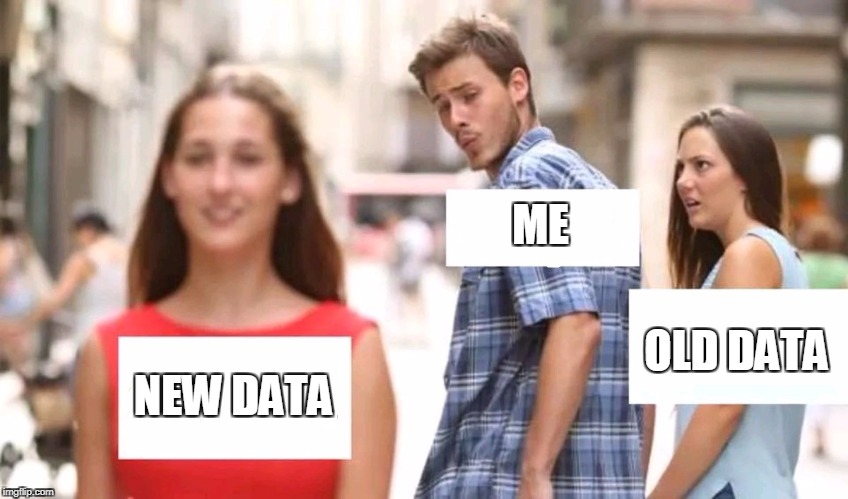Dear Winter,
We realize that you have been wronged. You've gone easy on us these last couple years, and how did we repay you? We called you 'mild', we jokingly referred to you as 'Spring'; yes, we know you are not Spring, and so calling you this wrong name must have really hurt your feelings.
So what did you do this year? You reminded us what Winter really is. It's cold. It's long. It's loaded with snow. It makes you question why you live where do, because, despite being tolerable to gorgeous 9ish months out of the year, it's "snow, snow, too cold to snow, still too cold to snow, warmed up and guess what? Snowed" the other 3 months.
We see now that your actions are just a response to our behavior. We remember what you are - you are cold, you are rough, you make small children and even grown adults cry. You make us buy funny hats with earflaps and lined with so much fleece we spend the day with sweaty hat-hair, and coats so puffy, we have to loosen our seatbelt. Never again will we call you 'mild.' Never again will we question, "What's with all the snow?" We know; it's Winter.
 |
| Never forget |
We get it now. And we apologize. We remember who you are. You can be over any time now.
Be sure to send in Spring on your way out.
Hugs and lollipops,
~Sara





